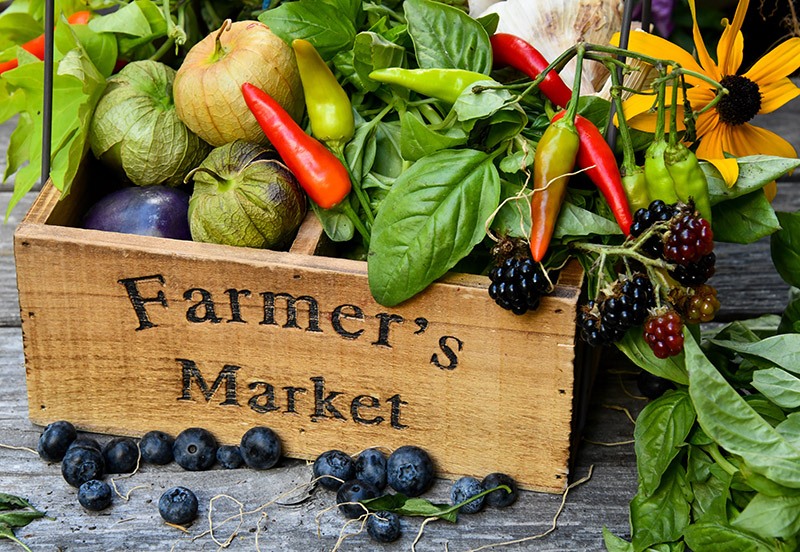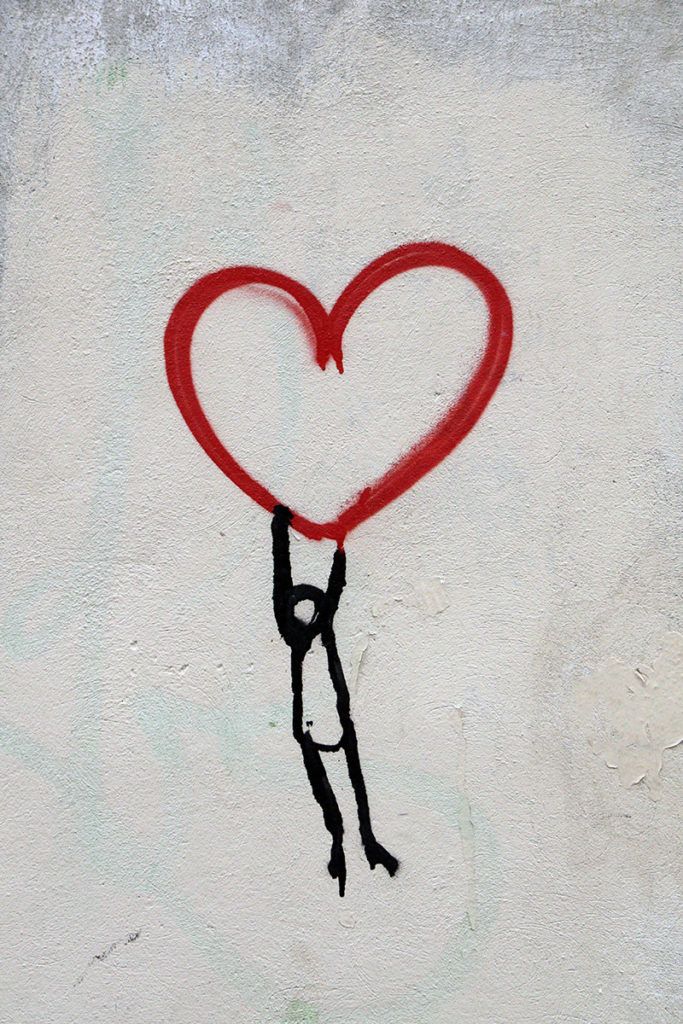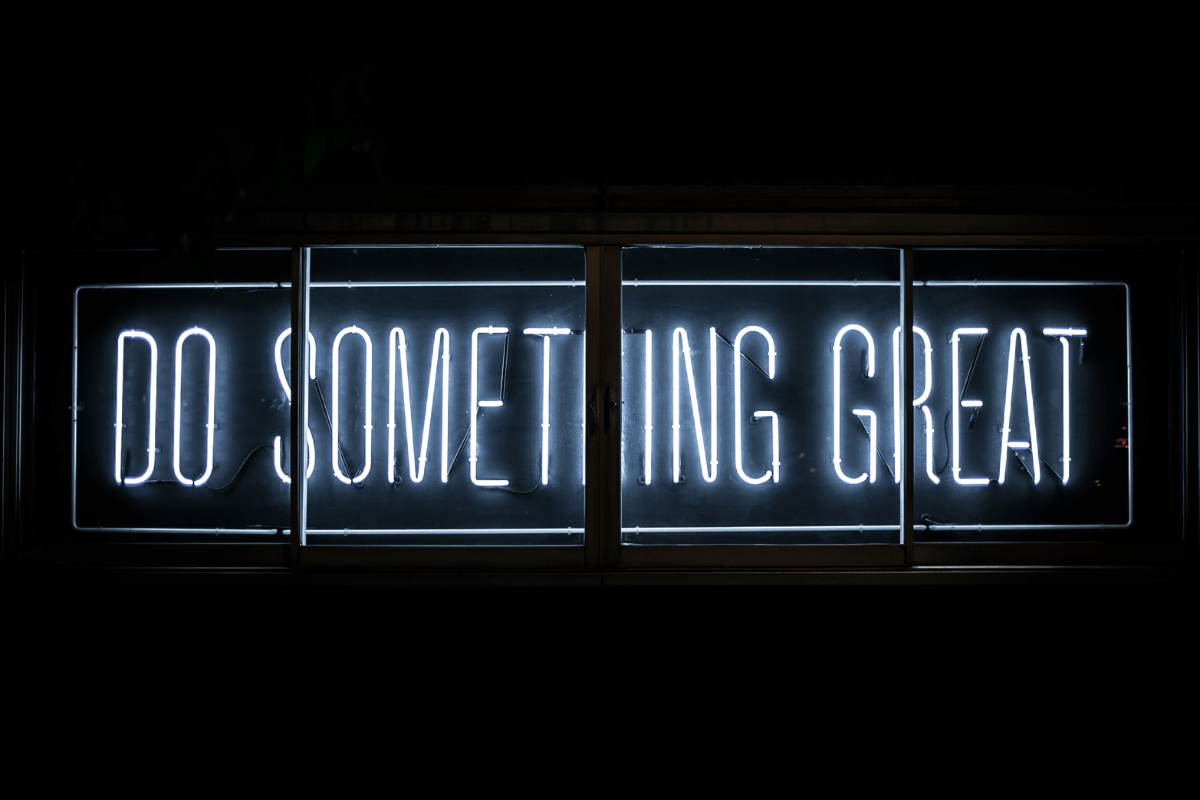Why ethical consumerism is essential to self-growth
Ethical consumerism is sometimes perceived as a luxury for those who are money or time-rich, or even as an affectation to improve one’s social image. Terms like social justice warrior (SJW) are used to suggest that socially-aware people are really just putting on an act, advertising their wokeness to feed their ego. But this is all a distortion of ethical consumerism and I think it often originates as a defense mechanism of people who want to divert attention from their guilt.
Where does this guilt come from? Well, our awareness of the world has grown significantly in the last few decades – we’ve been exposed to books, reports and documentaries charting the impact of the stuff we use: food, clothing, fuel, etc. And, now there’s an expectation (which those pesky SJWs remind us of) to make the right choices so that we reduce our impact – especially now that we can no longer ignore the reality of climate change. But it’s a lot to handle, and our guilt around ethical consumerism comes from knowing that it’s the right thing to do but just not having the space in our lives for it. This is understandable. Everyone has so much to do, these days – our jobs are all-consuming and our phones take care of any free time we might have (for those of us lucky enough to have jobs and phones).
But what’s the point of it all?
Essentially, the purpose of life as seen through most philosophical and spiritual theses is to live a good life and to grow, both personally and as a community. For example, the ancient Greek concept of Eudaimonia (from eu and daimon, meaning good and spirit, respectively) relates to a form of happiness that is achieved through a combination of virtue and fulfilling one’s potential. Self-actualization, which occupies the top of the pyramid of Maslow’s hierarchy of needs, is a concept similar to that of fulfilling one’s potential; both are forms of self-growth. And in Buddhism, the Noble Eightfold Path centers around living a good life (right livelihood, right action) and growing as a person (right understanding, right mindfulness).

Clearly, ethical consumerism counts towards living a good life, since it’s all about doing the right thing. But I believe that we don’t fully appreciate the other ways in which it enhances our lives – and if we could see its full potential we would be much more inclined to practice it. Ethical consumerism is not just about right action – it’s also about self-growth and mindfulness. It’s relatively easy to be mindful in a yoga class or forest, but the reality is that we spend a good proportion of our day dealing with systems of commerce – earning or spending money. To engage ethically as a consumer is to practice mindfulness in one of the most challenging aspects of our everyday lives.
Mindfulness is the root of right action and together they steer most of our everyday life. To take a very mundane example, I feel very lucky to have a market nearby that sells an amazing variety of fruit and veg from local, sustainably-inclined farms. But I would say that a fairly high proportion of customers use disposable plastic bags for items that don’t require them: a bunch of bananas, four oranges, etc.
It can be very disheartening to watch, and it’s hard not to judge, but we need to remember that we are each on different stages of this journey. Perhaps some of the customers are just getting into supporting local, sustainable farms or plant-based food but haven’t given much thought yet to plastic waste. Maybe others are judging me because I’ve made a faux-pas in their eyes (that asparagus is kind of a water-hog, brah).
No matter where we are on our path, the goal is to grow as individuals and communities, to live good lives – and that entails, at its core, actions that come from mindfulness. Even if only a few of us practice mindfulness, the habits that we adopt can catch on fast and lead to a change in mindset for almost everyone. And, let’s hope, plastic bags are just the beginning.

To someone who doesn’t think that much about ethical consumerism, it might seem perfectly reasonable to ask: what does it really matter what choices we make as consumers? Shouldn’t I really just focus on my day job: this cholesterol drug that we’re working on may save lives! Who cares what kind of food or clothes I buy? Well, to put it frankly, the majority of things, like a shiny new drug to reduce cholesterol, will fade into insignificance in the face of what’s going to happen to our planet.
The idea of doing no harm (or, in reality, minimizing the damage that we do) is not just limited to our one-on-one interactions. In fact, the greatest impact that we have in this world is indirect. We don’t run around all day killing animals, setting fire to forests, or intimidating slaves. And yet the daily actions of most consumers likely funds one of these activities. This is where the guilt comes back in!
Perhaps you’re thinking that you haven’t been all that vigilant about palm oil, or reduced your meat or dairy intake as much as you’d like, or even just that you have a weakness for a mainstream chocolate bar. Well don’t beat yourself up too much – the fact that you’re even reading this is a good indication that you’re trying to do the right thing.
So, ethical consumerism, although visible as actions, is really all about the underlying compassion and mindfulness in our daily lives. It’s a surprisingly engaging and enriching process to think more deeply about each product that has been made or grown for us by considering the chain of events that brought it about. And, because I like making lists, I’ve put together a list of practical ways in which ethical consumerism can enrich our lives and help us on our paths to awareness.
1. Gratitude
The ability to have products at our fingertips (a phone, a streaming video, processed food, transport, etc.) has spoiled some of us. To think about the impact of these items, how each one has a toll on the planet, seems at first like a buzzkill. However, it makes us more aware of the limits of the planet and, as a result, more likely to feel grateful for each purchase.
2. Happiness

One of the side-effects of thinking about the impact of the stuff we buy is that we tend to buy less stuff. Despite what the cynics who cry SJW may think, it’s not driven from a motivation to be part of a cool group – I’m going to be a minimalist! – Or at least it wasn’t for me. It’s a direct result of just facing, head-on, the impact of unchecked consumer habits. And what’s a well-known side of leading a simple life? Just ask followers of the Marie Kondo method: *Happiness! To decouple our self-worth from the acquisition of possessions is a key step in self-growth. (*Happiness is not a guarantee; simplifying our lives may increase our likelihood of being happy; terms and conditions apply.)
3. Financial stability
This one is certainly not a guarantee, but when we think about the central tenets of ethical consumerism: eat a plant-based diet, consume less, consider buying from charity shops, fix or repurpose items, etc., what do they have in common? They all cost less than conventional lifestyles. We save money and also our money goes further because we no longer crave new stuff.
4. Empathy
When we consider the ethical aspect of an item, let’s say a new T-shirt, we have to consider how the product was made. It’s not fun to think about the notoriously high impact of the fashion industry, or that the person who made it may have to work 80 hours a week with little freedom – and that’s why we tend to avoid it. But facing these topics can help us become more compassionate human beings.
5. Satisfaction
We feel guilty when we turn a blind eye on ethical considerations – that’s a very natural response. But it’s good to realize that addressing them is not trivial or particularly easy and it becomes a major part of our life’s work, our path. When I started to turn my attention to it I felt… relief. Relief that I had finally started something that I knew I had to do. And, after that, there came a growing satisfaction from just having made some effort to do the right thing.
6. Empowerment

This is a key issue and it’s related to the last point. We have become increasingly insignificant in comparison to global corporations – even political systems can be dwarfed by them. Corporations are responsible for the majority of damage to our planet and in most cases the only effective tactic for encouraging corporate responsibility is by impacting their revenue. One of our major, but seldom used, powers on this planet is how we spend the money that we work so hard to earn.
7. Edification
Another thing that’s empowering: understanding a bit more of the real world around us. After all of our education, how much do we really know about what it takes to make trivial things like cat litter or chewing gum? Ethical consumerism entails educating ourselves about the real world.
8. Mindfulness
This is really where it’s at. The goal of ethical consumerism is not to look like a right-on, woke kind of person in front of the people around us. It’s to grow and to become mindful of the world around us. And, ultimately, mindfulness of our impact as consumers is essential to getting us through this planetary mess.
Featured photo by Olena Sergienko on Unsplash



Leave a Reply